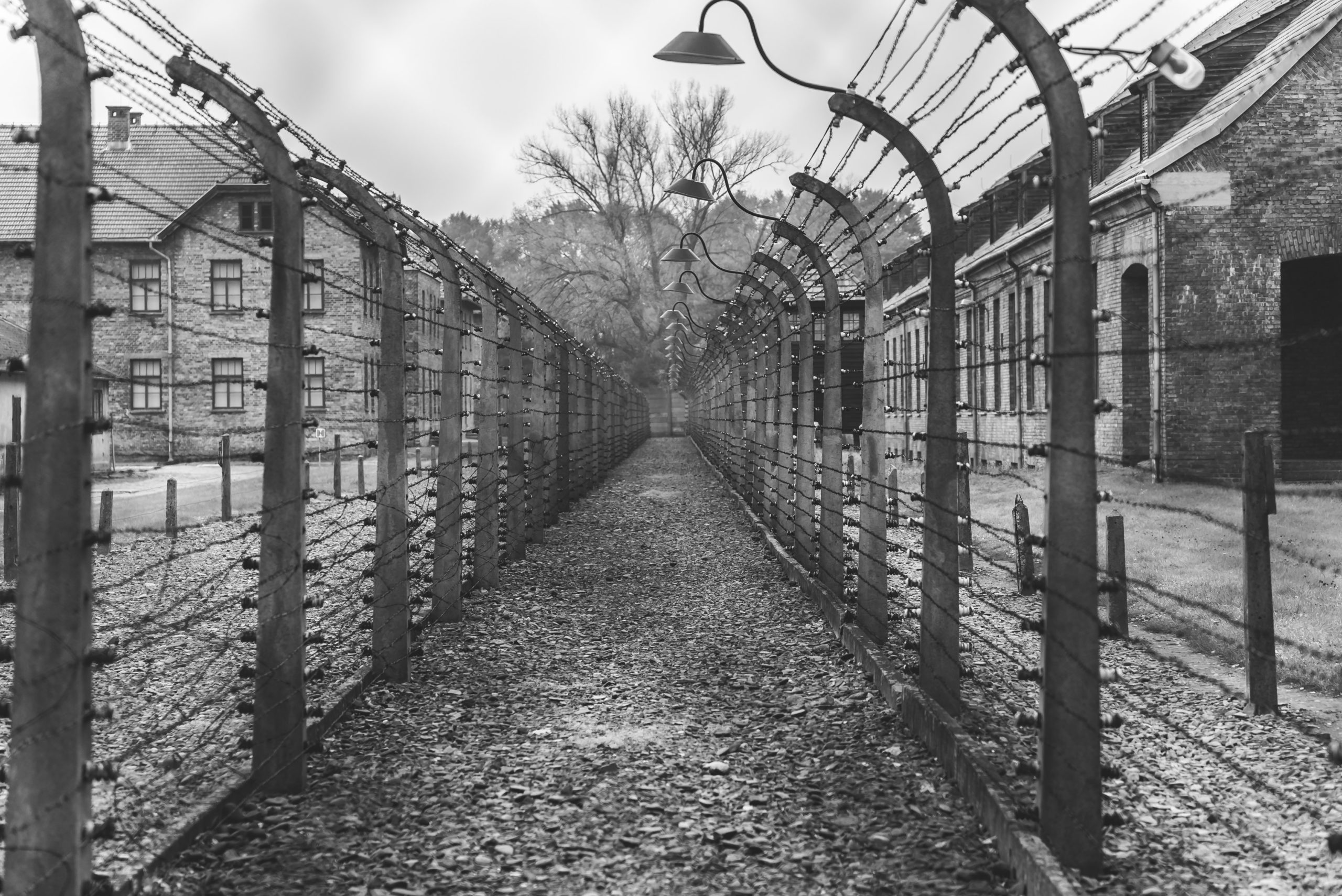

There is an interesting verse in II Thessalonians 2:10, where Paul speaks of those people who will spiritually perish because they refused to love the truth.
In another passage we are told that Jesus performed many convincing signs and miracles, yet so many of the people refused to believe in Him. (John 12:37)
It seems that we fear the truth because of where it may lead us, which illustrates how fear can affect our judgement. When we fear, we often will deny the truth in hopes that if we ignore it or put on rose-colored glasses, maybe I won’t have to deal with it.
I remember actor Burt Lancaster being questioned on the witness stand in his role as a German war criminal in the movie Judgement at Nuremberg. The war trials were held just after World War II, at a time when the world was beginning to uncover all the atrocities of the Holocaust. The prosecutor, in questioning Lancaster, wanted to know how the German people could not have known what was happening to the Jews. He responded: “If the German people said they did not know, it was because they did not want to know.” The thought of their beloved country being involved in mass exterminations was intolerable. Instead of accepting the hard truth and attempting to stop the Nazi atrocities, many of the German people simply chose to deny the reality of the Holocaust altogether.
How strange we humans are. We are afraid to deal with the truth if it is painful or if it is contrary to what we want. We find it easier to go through life denying hard truths and accepting only what is pleasant to our ears. We pour ourselves into the busyness of our comfortable, protected worlds, so that we can distance ourselves from those issues that make us uncomfortable. When it comes to making a serious decision about God and His expectations for our lives, we deal with it just as we deal with our own mortality: “I’ll think about it another day.”
In his best-selling book, The Road Less Traveled, Dr. Scott Peck speaks at length of how people deal with their fear of the truth. He says:
Fearing the pain involved, almost all of us, to a greater or lesser degree, attempt to avoid painful issues. We procrastinate, hoping that they will go away. We ignore them, forget them, pretend they do not exist.
Ironically, the consequences of our not confronting the painful issues of life, says Peck, is “what makes life difficult.” It is what creates in us frustration, fear, loneliness, anxiety, guilt, regret, anger, and despair. Not surprisingly, Dr. Peck, who has a medical degree in psychiatry from Harvard, also says that avoiding painful issues in life is the primary basis of all human emotion and mental illness.
It is therefore crucial that we recognize that dedication to truth generally leads to growth and well-being in life. Denial of the truth can lead to difficulty, destruction, and death.
This is particularly true when it comes to our spiritual lives, because so much is at stake. I am reminded of Jesus’ words to Pilate when He reveals that He came into the world to bear witness to the truth, and those who love the truth will hear His voice.
We therefore should all confront ourselves with this question: Do I love the truth or do I fear it?
Richard E Simmons III is the founder and Executive Director of The Center for Executive Leadership and a best-selling author.
Add grace and understanding to your day with words from Richard E. Simmons III in your inbox. Sign-up for weekly email with the latest blog post, podcast, and quote.

Bulk discounts for 25 or more books! Call 205-789-3471 for prices.
For local orders in the Birmingham, AL area, enter Promo Code LOCAL at checkout to save shipping. We will email you when your order is ready for pickup.